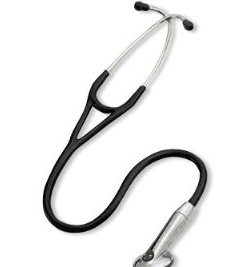Ghana establishes first emergency medicine training programme in West Africa
 Ghana has cut a slice of medical history for itself with the establishment of the first ever training programme in emergency medicine and nursing in the West African sub-region.
Ghana has cut a slice of medical history for itself with the establishment of the first ever training programme in emergency medicine and nursing in the West African sub-region.
Already about 15 specialist-emergency physicians had been trained with the Ghana College of Physicians and Surgeons (GCPS) and are currently working in hospitals in the Ashanti, Greater Accra and Northern regions.
Additionally, there are 35 trained nurses posted to facilities across eight regions in the country.
This had come on the back of collaborative efforts between the University of Michigan, United States (US), Kwame Nkrumah University of Science and Technology (KNUST), Komfo Anokye Teaching Hospital (KATH), the Ghana College of Physicians and Surgeons and the National Ambulance Service, under the Medical Education Partnership Initiative (MEPI).
The MEPI is a five-year project, funded by the US President’s Project For Aids and Research (PEPFAR) and the US National Institutes of Health (NIH).
At dissemination meeting in Kumasi on Friday, Professor Peter Donkor, Principal Investigator of the Programme, said the idea for emergency medicine training was borne out of the May 9, 2001, stadium disaster.
He said MEPI, which was started in 2008, had executed its activities in four components – training of emergency physicians, nurses, medical technicians and undergraduate medical and nursing students, HIV/AIDS-related emergency care, education and research, Initiative on Research and Innovation Management as well as Medico-Legal Training.
Dr Rockefeller Oteng, Lead Trainer, said 11 specialists are training for the GCPS fellowship and that 23 residents are at various levels of their three-year emergency specialists training, while 15 medical officers had received one-year training in emergency care.
Dr Oteng said about 50 emergency nursing trainees were expected to complete their training by 2016, with 20 emergency medical technicians having been trained in triaging, resuscitation and acute care management.
Dr Joseph Akpaloo, the Chief Executive of KATH, said the programme has helped to improve emergency medical care at the hospital and commended the initiators for their foresight.
Source: GNA
